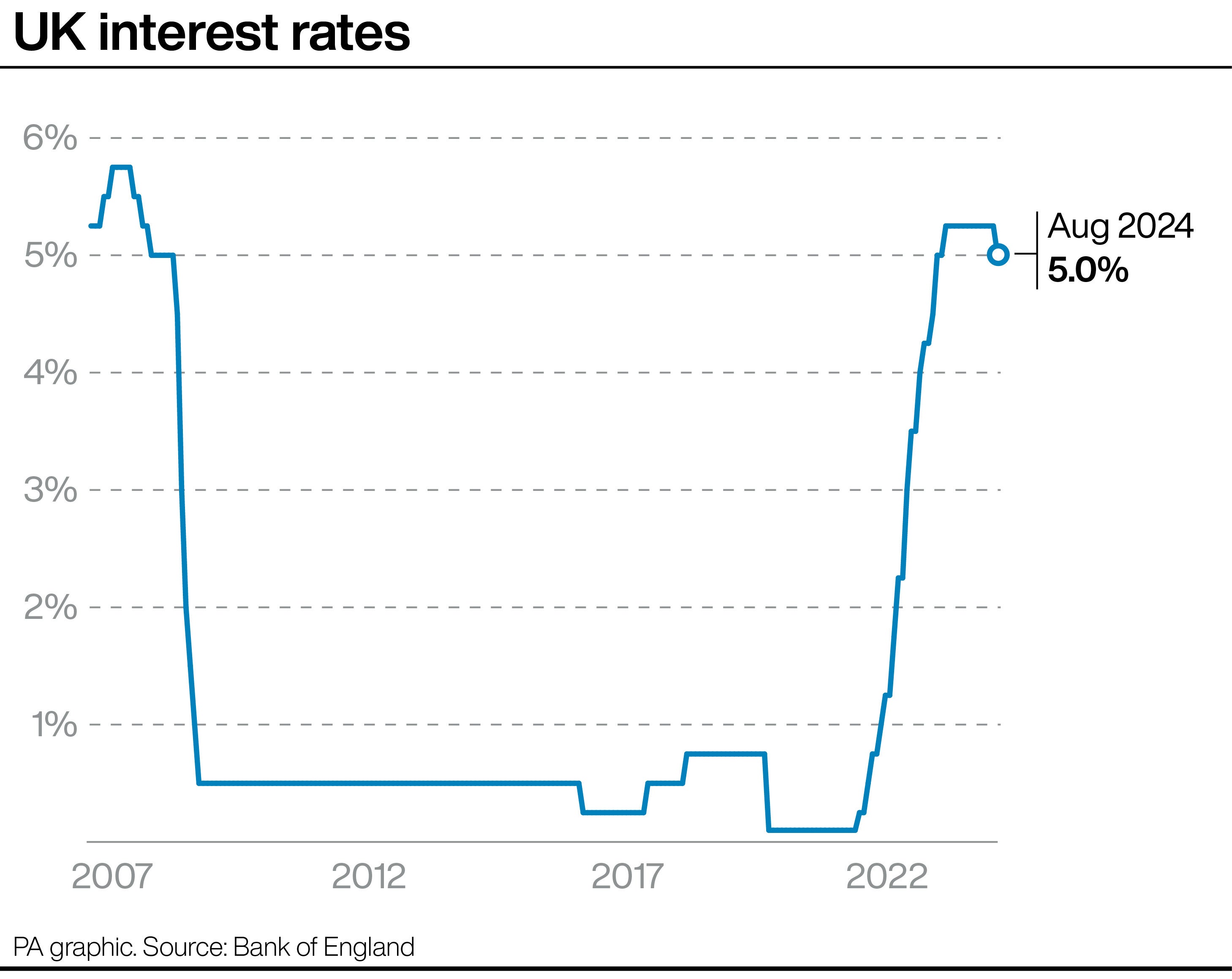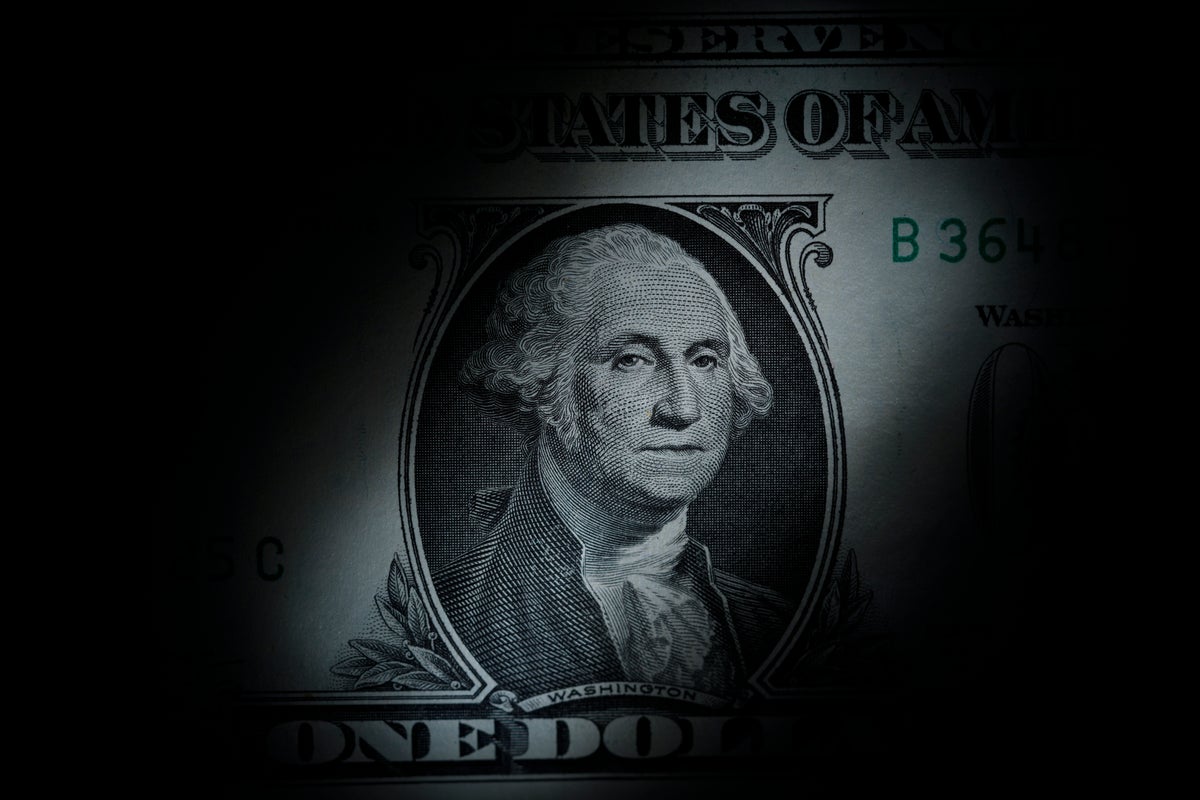US inflation likely remained elevated last month, threatening interest rate cuts
Share:
U.S. inflation probably worsened last month on the back of higher prices for gas, eggs, and used cars, a trend that could lessen the chance that the Federal Reserve will cut its key interest rate much this year. On Wednesday the Labor Department is expected to report that in December the consumer price index rose 2.8% from a year ago, according to economists surveyed by FactSet, up from a 2.7% yearly increase in November. It would be the third straight rise, after inflation fell to a 3 1/2 year low of 2.4% in September.
The uptick could fuel ongoing concerns among many economists and in financial markets that inflation has become stuck above the Fed's 2% target. Such concerns have sent interest rates on Treasury securities higher, which has also pushed up borrowing costs for mortgages, cars, and credit cards, even as the Fed has cut its key rate.
Last Friday's unexpectedly strong jobs report caused stock and bond prices to plunge on fears that a healthy economy could keep inflation elevated, preventing the Fed from cutting further. Excluding the volatile food and energy categories, economists forecast that so-called core inflation remained at 3.3% in December for the fourth month in a row.
On a monthly basis, prices likely rose 0.3% in December for the second month in a row. Price increases at that pace would exceed the Fed's 2% target. Core prices are forecast to have risen 0.2%. Some of the uptick in prices was likely fueled by one-time factors, such as another jump in the cost of eggs, which has been one of the most volatile food categories in recent years. An outbreak of avian flu is decimating many chicken flocks, reducing egg supply.






















